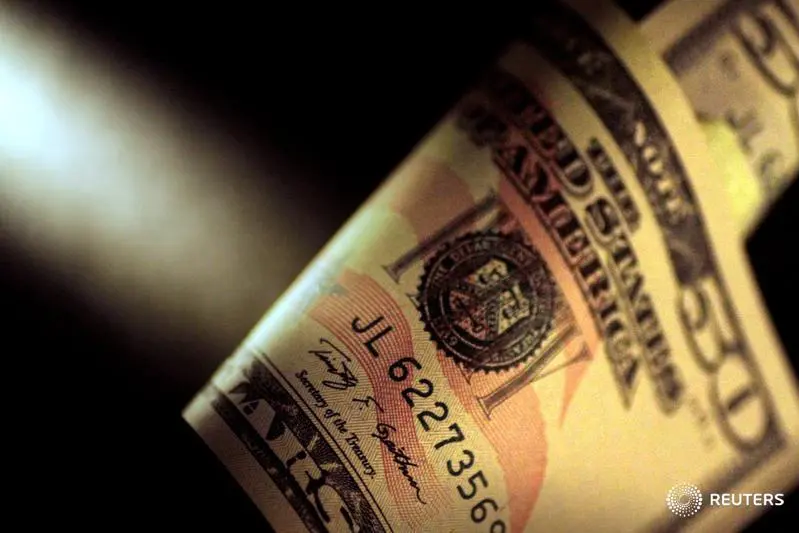PHOTO
LONDON - The dollar regained some ground on Wednesday after two straight days of losses, as money markets tempered hopes of a rapid global economic recovery.
The U.S. currency gained more than 0.2% against a basket of currencies, as risk sentiment soured in early trading in Europe.
Selling pressure hit several major currencies, including sterling, which was down more than a third of a percent. The euro gave up some of the week's gains, falling nearly 0.2%.
The New Zealand dollar fell almost 1% after the country's central bank said the balance of economic risks remains to the downside and it is prepared to use additional monetary tools as necessary.
Analysts said caution was warranted given the risk of a second wave of Covid-19 infections, despite improved economic data, including the strongest rebound on record in German business confidence, according to data on Wednesday.
"The risk of a second wave worldwide has not been banished yet and can quickly push the FX market back into the old pattern of `risk aversion is on the up, let's buy safe havens; i.e., the dollar' – even under the assumption that the lockdowns imposed in that case would probably be much less severe than the first time round," Commerzbank analysts said in a note.
Despite losing ground, the dollar index is still up more than 0.9% this week on the improving economic picture, with UK, euro zone and U.S. data earlier in the week supporting riskier currencies at the expense of the safe-haven dollar.
The International Monetary Fund will release revised global growth projections in its World Economic Outlook update later on Wednesday (13.00 GMT), giving traders a fresh idea of the extent of the economic damage caused by the Covid-19 pandemic and the likely pace of recovery.
The IMF's last forecasts in April predicted world GDP would fall 3% in 2020.
Spiking coronavirus cases in the United States, Germany and elsewhere are being closely watched.
"We expect over the coming couple of weeks as we get more clarity on this, state governors will be in a better position to decide how to proceed," RBC Capital Markets' chief U.S. economist, Tom Porcelli, said of the U.S. cases.
(Reporting by Iain Withers, editing by Larry King) ((Iain.withers@tr.com))





















